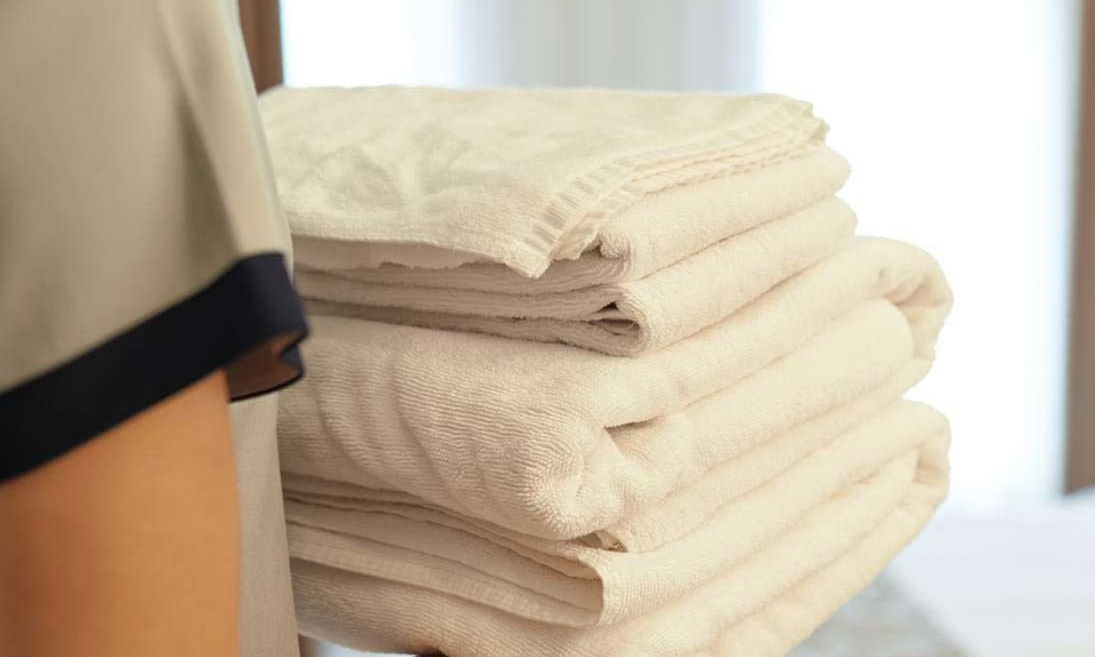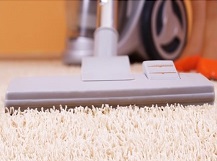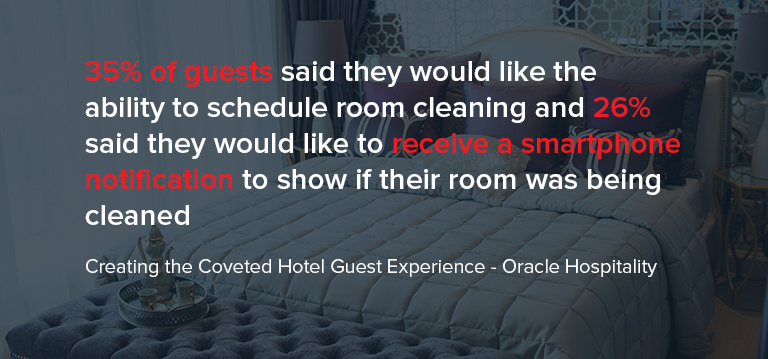
Importance Of Cleanliness In The Hospitality
Hygiene and cleanliness are important in many areas of business, but are perhaps most pertinent in the hospitality industry. Places such as hotels, bars and restaurants are constantly under public scrutiny and risk losing everything if they fail to pass regular checks from health agencies. There are not many other industries in which the standard of cleanliness is judged to be an integral part of the experience, but in hospitality a major chunk of repeat business relies on the fulfillment of these high expectations

Vacuuming: A Key to Clean Indoor Air Quality
Clean air in schools, offices, and health care facilities is crucial, and often starts at the surface. According to the U.S. Environmental Protection Agency (EPA), Americans spend about 90 percent of their time indoors, where they can be exposed to tiny pollutants. In fact, a 2018 study published by Science, a publication of the American Association for the Advancement of Science, has shown that indoor air can be up to seven times more polluted than the air outside.
These pollutants – including asthma and allergy triggers – often rise from floors and carpets into the air and are easily inhaled. For example, a Minnesota Department of Health study concluded floors at local schools contained the highest concentrations of allergens in the building–and that carpets are even more susceptible than smooth floors— which is especially concerning as serious health issues are associated with indoor air pollutants. Along with aggravating asthma and allergy symptoms, the EPA says, poor indoor air quality has been shown to cause other physical problems such as fatigue, shortness of breath, and headaches
According to the Asthma and Allergy Foundation of America (AAFA) more than 60 million Americans are suffering from asthma and allergies. Allergy Standards Limited (ASL) recommends that facility managers implement a number of interventions – including a focus on vacuuming – to help contain and reduce exposure to asthma and allergy triggers.
Following these vacuuming and floor cleaning best practices can help achieve exceptional air quality in commercial facilities, which can improve quality of life, attendance, and performance of building occupants:
Step 1: Build a Cleaning Foundation
It’s important to develop a floor plan that shows the areas receiving the heaviest daily foot traffic, so they can be prioritized for cleaning. Carpets should be deep cleaned at least twice per year, using carpet dryers or fans after the job is complete to prevent any remaining moisture from producing mold. In addition, carpets should be replaced as specified by the manufacturer’s recommendations and cleaning equipment properly maintained to ensure the best results.
Step 2: Use Correct Vacuuming Techniques
Vacuum both carpeted and hard surface floors frequently, with slow and repeated passes. Heavy traffic areas should receive a minimum of two vacuum passes per day. Clean floors faster by removing dry dirt with a vacuum instead of a dry mop before wet-mopping; brooms and mops push dirt and allergens across the floor and into the air, while vacuuming removes them. Don’t forget to pay special attention to walk-off mats, which should be vacuumed at least once a day and professionally cleaned every few days.
Step 3: Choose the Right Tools and Features
Utilize hard-surface tools to clean hard-to-reach spots and cover a wider range of allergen-producing areas. Use high-quality HEPA-filter vacuums to thoroughly clean and reduce allergens on multiple surfaces, including tile. As explained by AAFA, some vacuums add particles and allergens back into the air, so make sure to use a vacuum that traps allergens as it removes them. Look for products with certifications to provide peace of mind.
Asthma and allergies in buildings are serious issues, affecting millions who spend large amounts of time indoors, and it’s important to recognize that asthma and allergy triggers often come from floors and carpets. By taking strategic initial steps, using proper techniques, and utilizing the correct products, facility managers can breathe easy knowing they are providing clean air quality through vacuuming and floor cleaning.
From equipment to floor care, and even enviromentally friendly chemicals, Imperial Soap and Supplies with its professional partners is a sound source for providing cleaning solutions and equipment to help ensure a safe, clean, and sanitized educational facility.


